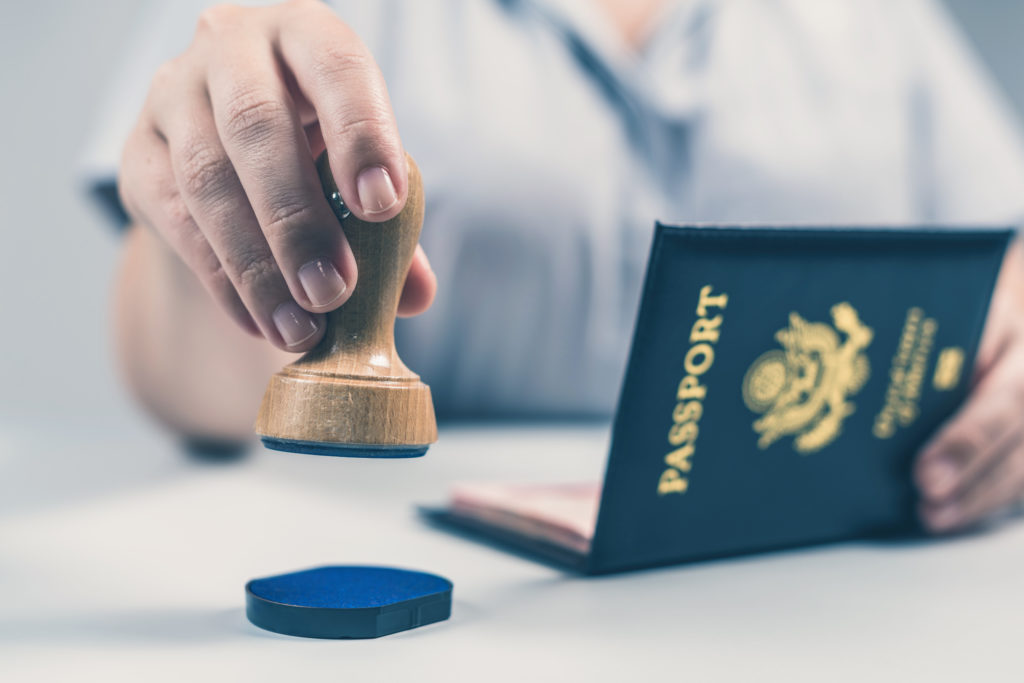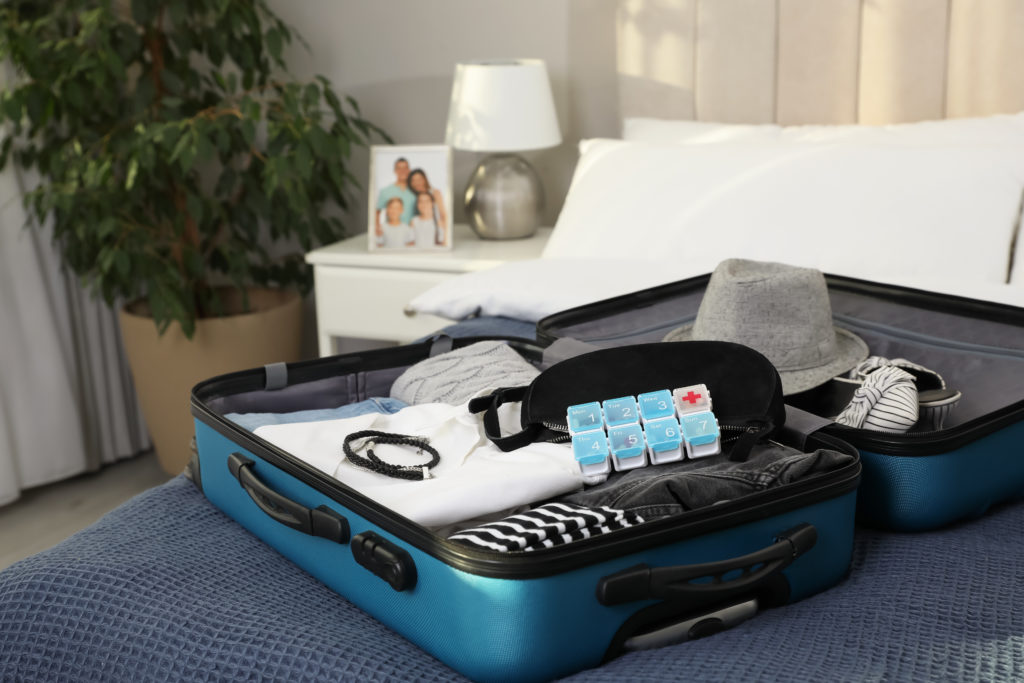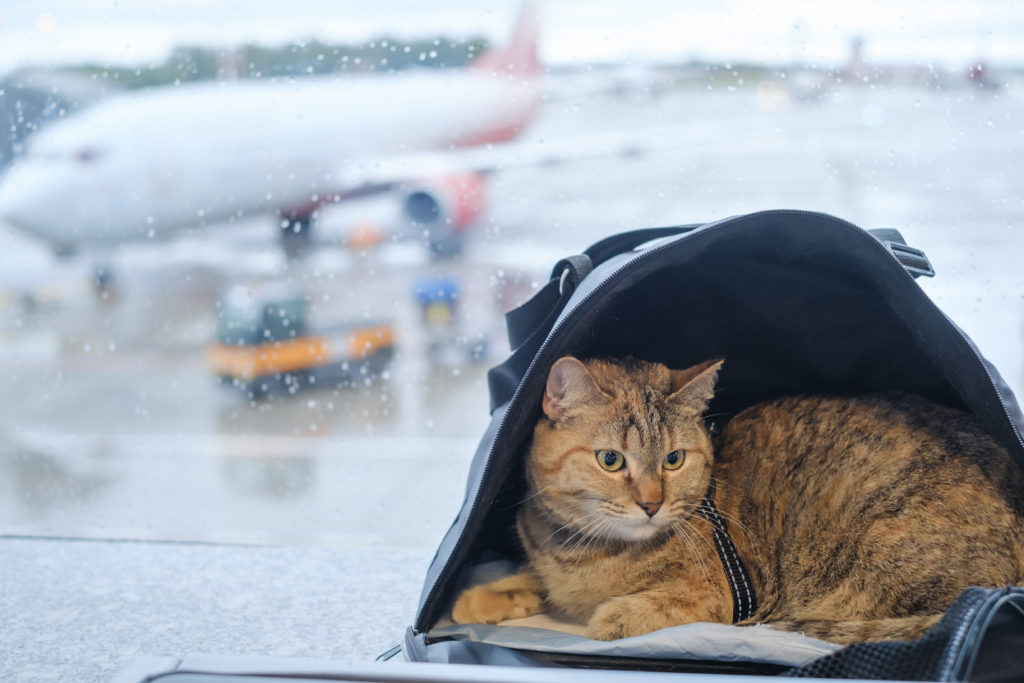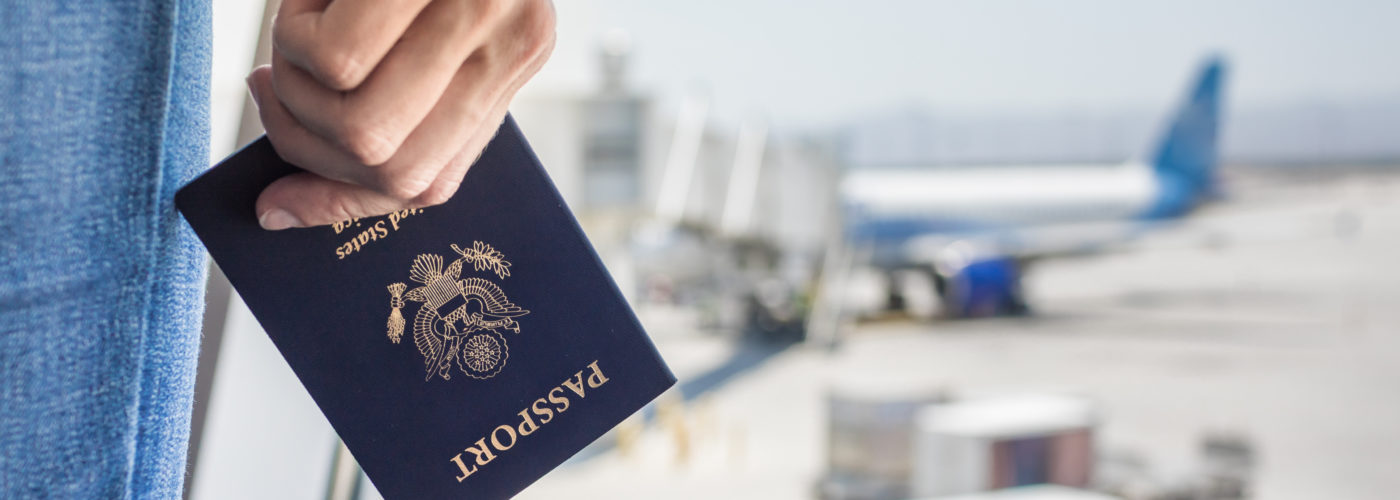Coming home with some international goodies is a great way to remember your trip. A unique souvenir can evoke the memory of a place and an experience for years to come. If you want to make sure it’s something you can keep and not something the U.S. Customs and Border Protection (CBP) will confiscate upon your return, you’ll need to know what the rules are and what items are banned from entering the U.S.
Why Are Certain Items Banned From Entering the United States?

The CBP enforces hundreds of laws for 40 other government agencies (such as the Centers for Disease Control and Prevention or the U.S. Department of Agriculture). They’re tasked with protecting the United States from unsafe items when a traveler re-enters the U.S.
What this means for travelers is the CBP can confiscate prohibited or restricted items when they enter the United States.
Here’s a quick rundown of some of the items you should be aware of.
What Items Can Be Confiscated at the Border?
Food Products
Good news! You can bring as many of those yummy macarons from France home with you as you want. Bakery products, many prepared foods, and certain cheeses are allowed. Also, condiments, vinegars, oils, packaged spices, honey, coffee and tea are generally allowed, but meat products are not. Rice should also be avoided as it can hide insects. Most fresh fruits and vegetables are also banned.
Foreign fruits and vegetables can bring plant diseases or pests into the United States and the CBP advises not to bring them into the U.S. from abroad. A traveler in the 1980s, for example, brought home a piece of fruit contaminated with the Mediterranean fruit fly (or Medfly) to California and caused an outbreak that cost the state north of $100 million to contain. Failing to declare agricultural products can result in fines of $300 or greater.
Alcoholic Beverages
The amount of alcohol you can bring with you is subject to the laws of your state in addition to the laws of the U.S. The CBP also advises travelers to contact the state’s alcoholic beverage control board to ensure you comply with the laws and regulations of the state you live in.
Medication

Some medications are considerably cheaper outside the United States. Legal, controlled substances can be brought in no more than 50 doses, unless prescribed by a U.S.-licensed practitioner or DEA registrant. Fraudulent prescription and nonprescription drugs are not permitted. Medications not approved by the FDA for use in the U.S. may not enter the U.S. and will be confiscated.
Gold
Gold was once prohibited from entering the U.S., but the CBP now allows travelers to bring home gold coins, medals, and bullion. The exception is gold items originating from Cuba, Myanmar, Iran, and most of Sudan.
Textiles (clothes and fabric)
There’s no limit to how much clothing and fabric you bring into the U.S. that is for personal use. There are other requirements, certificates, or visas if you plan to bring textiles home for business purposes. You can find more information on the CBP website.
Knockoffs (Trademark and copyright articles)
If you’ve ever thought about bringing home a knockoff purse or watch, you’ll want to be careful. The CBP says articles that infringe on federally-registered copyrighted materials can be confiscated. You may also be subject to a civil fine if you’re planning to sell the copyrighted articles. However, the CBP does allow an exemption for one article of each type which must accompany the person. It must be for personal use and not for resale.
Cultural Artifacts
Looking to bring home something authentic? Make sure it’s legal. Many countries have laws against exporting cultural artifacts. Be sure you have receipts and export permits when importing these kinds of things to the U.S. There are also laws against bringing specific artifacts into the U.S. Some examples include Khmer stone archeological sculpture from Cambodia, or pre-Columbian monumental and architectural sculpture and murals from Central and South American countries.
Pets

The CBP is tasked with preventing the introduction of foreign animal diseases and protecting the welfare of animals. Thus, all dogs and cats imported to the U.S. must be healthy on arrival. If they appear sick, the owner must pay for further examination by a veterinarian. The CDC also requires proof of rabies vaccination if the pet is coming from a country that has a high risk of rabies.
Not all animals qualify as pets. Only those that are privately owned companion animals are considered pets. Those intended for research or resale cannot be brought in as pets. Pets include animal groups from dogs, cats, rodents, ferrets, rabbits, reptiles, hedgehog/tenrecs, amphibians, and certain types of birds. More information about bringing pets and wildlife into the U.S. can be found on the CBP website.
Ceramic Tableware
If you want to bring ceramic tableware to the United States, it won’t be confiscated, but the CBP warns travelers that the tableware can be made with dangerous levels of lead in the glaze, which can contaminate food. If you bring any home, especially from China, India, Mexico, or Hong Kong, be sure to have it tested for lead.
Firearms
Bringing ammunition or firearms into the U.S. must be done through a licensed dealer, importer, or manufacturer. You also will not be able to bring in anything prohibited by the National Firearms Act.
You Might Also Like:
• 6 Things You Should Never Do When Crossing a Border• Children Flying Alone: What Every Parent Should Know About Unaccompanied Minors
• 6 Inflight Beauty Treatments You Can Do Without Looking Too Weird
• This New Tool Will Tell You Exactly When to Book Your Flight for the Best Price
• Hawaii Passport Requirements: Do I Need a Passport to Go to Hawaii?
We hand-pick everything we recommend and select items through testing and reviews. Some products are sent to us free of charge with no incentive to offer a favorable review. We offer our unbiased opinions and do not accept compensation to review products. All items are in stock and prices are accurate at the time of publication. If you buy something through our links, we may earn a commission.
Related
Top Fares From
Today's Top Travel Deals
Brought to you by ShermansTravel
Shop and Save with Country Inns...
Patricia Magaña
 Hotel & Lodging Deals
Hotel & Lodging Deals
$229 -- Chicago: Discounted Rates and...
Francesca Miele
 Hotel & Lodging Deals
$229+
Hotel & Lodging Deals
$229+
$188 -- Honolulu: Save on Oceanview...
Abigail Lamay
 Hotel & Lodging Deals
$188+
Hotel & Lodging Deals
$188+




